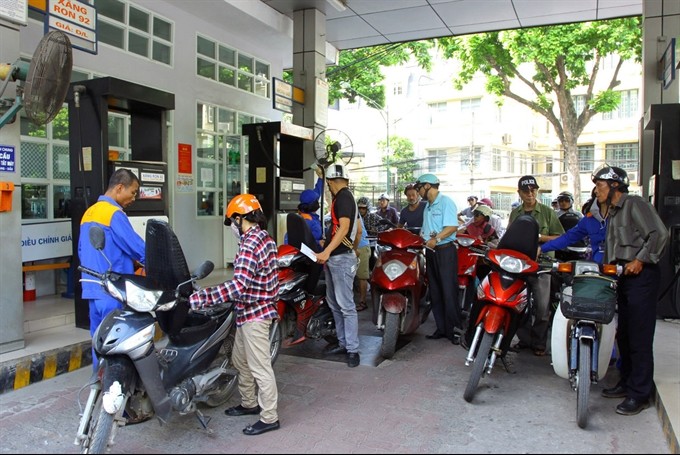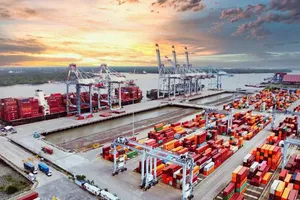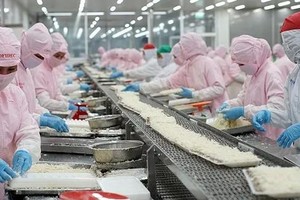Prime Minister Nguyen Tan Dung has approved calculation of petroleum import tax based on weighted average of the tariffs, taking into account Most Favoured Nation (MFN) status and Free Trade Agreement (FTA).

Previous calculation was based on only MFN tariff.
According to the Ministry of Finance, the new calculation would also cover the quarterly proportion of petroleum imports from countries which had signed for the FTA tariff. The data used to calculate the above-mentioned component would be collected through electronic customs systems by the General Department of Customs.
The new calculation would help keep a close watch on domestic businesses’ import of petroleum products from different sources while ensuring national energy security as also safeguarding the interests of businesses, consumers and the State as well, the ministry said in a statement on Saturday.
The ministry agreed that there was a difference between current petrol tariff, calculated based on MFN status, and that from several ASEAN nations and South Korea.
Last week, local newspapers reported that consumers were made to pay around VNĐ400 billion (US$17.7 million) a month on account of 5 per cent to 10 per cent tax difference in petroleum imports.
Petroleum products imported by Việt Nam from ASEAN and South Korea were taxed at a rate of between 5 per cent and 10 per cent, or even zero, since the beginning of this year.
However, under the joint Circular No 78 promulgated by the Ministry of Industry and Trade and the Finance Ministry, the retail petrol prices have been calculated based on import tax of 20 per cent for petrol products and 10 per cent for diesel and mazut.
The calculation led to a tax difference of 5 to 10 per cent for diesel and 10 per cent for petroleum between imported petrol and retail prices.
Local petrol traders have been enjoying the benefit of this tax difference since May 2015 after the issuance of Circular No 78 for diesel imported from ASEAN and petrol imported from South Korea.
Diesel and mazut import taxes from ASEAN countries were cut from 20 per cent to 10 per cent since the beginning of this year in accordance with the ASEAN Trade in Goods Agreement (ATIGA).
In addition, under the Free Trade Agreement (FTA) with South Korea, signed in May 2015, Việt Nam reduced the import tariff on gasoline from South Korea to 10 per cent from the earlier 20 per cent, effective December 20, 2015.
Economist Nguyễn Minh Phong told giaoducvietnam newspaper that the wrong calculation of imported taxes could result in wrong calculations of VAT, corporate income tax and transport costs.
However, this had given rise to another problem. The wrong tax calculations raised basic petrol prices, special consumption tax and other fees, thus affecting consumers, Phong said.
To deal with the tax difference, the finance ministry on Friday decided to revise the MNF import duty for several petroleum products from previous 10-13 per cent to 7 per cent.
























